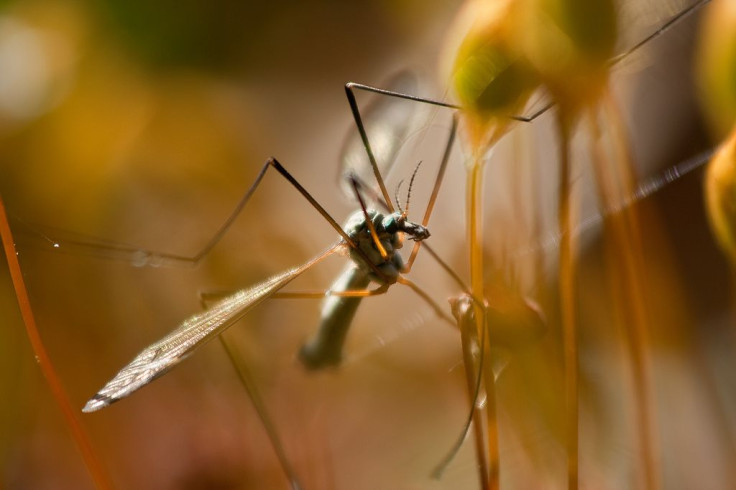Why Are We Not Eating Insects? The Psychology Standing Between Westerners And a New, Healthy Diet

At a conference earlier this year, representatives from the Food and Agriculture Organization (FAO) spoke of the potential virtues of eating insects, and how partial entomophagy could put an end to world hunger. Yet, most of us still cringe at the thought of a bug-laden diet, regardless of how it is presented.
To the Western eye, insects are still insects — crawly, weird-looking, and creepy. A rather thick psychological barrier separates most of us from that steaming plate of protein-rich grasshoppers. But do we have any idea why? Is there a solid biological reason behind our uncompromising aversion to bug-eating?
Harmless Fear
A number of societal and psychological factors may be responsible for our dietary stubbornness. Among these, the most obvious is perhaps the way insects are rendered in popular culture. The birth of the modern horror genre was accompanied by a partial re-evaluation of the "monstrous;" whereas older cultures modeled their beasts on snakes, lions, leopards and other animals that actually posed a threat, those following the lead of Edgar Allan Poe and H.P Lovecraft began to tap into the faceless, visceral fear of insects, spiders, and things that crawl.
The "foreignness" of these creatures allowed filmmakers and storytellers to derive the perfect new scare for an audience who didn't have anything to fear anymore. In a culture largely separated from natural threats, danger was replaced with disgust.
Food Perception & Identity
But why do we find insects disgusting to begin with? Most pose no threat whatsoever — however, we tend to generalize our disgust to include all of them. Exceptions like shrimp and lobsters (yes, crustaceans are arthropods, just like cockroaches) are made on a seemingly arbitrary basis. Unfortunately, a general theory would require us to grapple with the very definition of "disgusting" — an arduous task that's been the subject of entire books.
According to Scientific American, disgust is perpetuated and repeatedly deployed for social reasons. It maintains boundaries. Psychologist Paul Rozin explains it as a way to keep "social contamination" in check. In a world where food is not merely a means for subsistence, but a pervasive social construct, diets and dishes inform interpersonal contexts and shape our very identity. For us, food has symbolic value, and different meals correspond with different societal situations: oysters with wealth, hotdogs with sports, organic produce with environmental awareness.
We fear that by introducing bugs to our diet, we may acquire some of the foreignness we attribute to them — a pattern of thought similar to that at play when people drink expensive wines to feel sophisticated.
Despite the many excellent reasons to introduce insects to our diets, the current social paradigm will have to undergo rather drastic alterations before the average American decides to get a side of crickets with their meal. That being said, food perceptions can change — it's all about making people view the product in a new, refreshing light.
And as Scientific American points out, right now there's someone out there trying their first piece of sushi. A food that, by the Western intuition, should be avoided like the plague — just like lobster, oysters, and octopus. So maybe insects aren't too far behind.



























